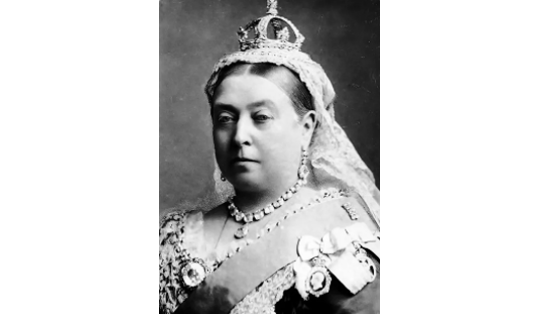
- 4-minute read
- 21st April 2021
A Commoner’s Guide to the Queen’s English
Today, April 21, is Queen Elizabeth II’s birthday (or one of them, at least). To celebrate, we’re looking at what people mean when they refer to “Queen’s English.”
Oddly, this isn’t quite how the Queen speaks these days! However, we’ll also look at some other quirks of how the British royal family used the English language.
What Is the Queen’s English?
When people refer to “Queen’s English,” they mean the style of English traditionally spoken by educated people of high social class in the UK.
The Queen is perhaps the most obvious example of this (you can’t get much posher than royalty, after all). But it is also associated with things like the BBC, where Queen’s English used to be compulsory for presenters.
Better known as Received Pronunciation (or “RP” for short), this way of speaking and writing is traditionally very formal. Other key features include:
- Precise pronunciation with distinctive vowel and consonant sounds.
- Using standard English spelling, grammar, and vocabulary.
- A lack of informal slang or regional dialect words.
While instantly recognizable as the voice of the upper classes in the UK, received pronunciation is much rarer these days. The BBC now boasts a range of regional voices, for example. And even the Queen’s accent has changed over her reign!
So, even the Queen doesn’t use Queen’s English these days. However, the British royal family is associated with a few more linguistic quirks, which we’ll look at next.
Find this useful?
Subscribe to our newsletter and get writing tips from our editors straight to your inbox.
Subscribe to Beyond the Margins and get your monthly fix of editorial strategy, workflow tips, and real-world examples from content leaders.
The Royal “We”
The royal “we,” or majestic plural, is a grammatical quirk where someone refers to themselves with the plural pronoun “we” instead of the singular “I.” It is probably most associated with Queen Victoria and the phrase “We are not amused.”

King Henry II adopted this royal “we” to show his power was bestowed by God and that he and said deity were acting as one. Monarchs, popes, and politicians have all used the royal “we” since, although the practice is less common now.
As a non-monarch, using it may even lead to ridicule. When Margaret Thatcher used the royal “we” to announce she had become a grandmother in 1989, for example, she was widely mocked for comparing herself to the Queen.
Words the Royals Don’t Use
There are various words the British royal family is said to avoid, including:
- Pardon – You might think “pardon” is the politest way of asking someone to repeat themselves when you haven’t heard them, but the royals see it as a curse word. They always use “sorry?” or “what?” instead.
- Lounge – “Lounge” and “living room” are both common terms for a main living space. The royals prefer “drawing room” or “sitting room,” though.
- Mom and dad – Most of us call our parents “mom” and “dad” as we get older, but the royal family call their parents “mummy” and “daddy” even as adults.
- Tea – Many people in the UK call their main evening meal “tea.” However, the royal family and upper classes generally always call it “dinner” or “supper.”
- Toilet – Apparently, the royal family aren’t too keen on words that come from French (something to do with an anti-royal revolution a while back). As a result, you’ll never hear the Queen say “toilet,” with “loo” her preferred term.
Does the Queen really never use the word “toilet” when she goes for a royal wee? Who knows! Nevertheless, if you find yourself moving in royal circles and want to make a good impression, you might want to avoid these words.
Expert Proofreading Services
To make sure your formal writing is up to royal standards, make sure to get your documents proofread by our expert editors. And if you want to see how our services work, upload a free trial document for proofreading today.




